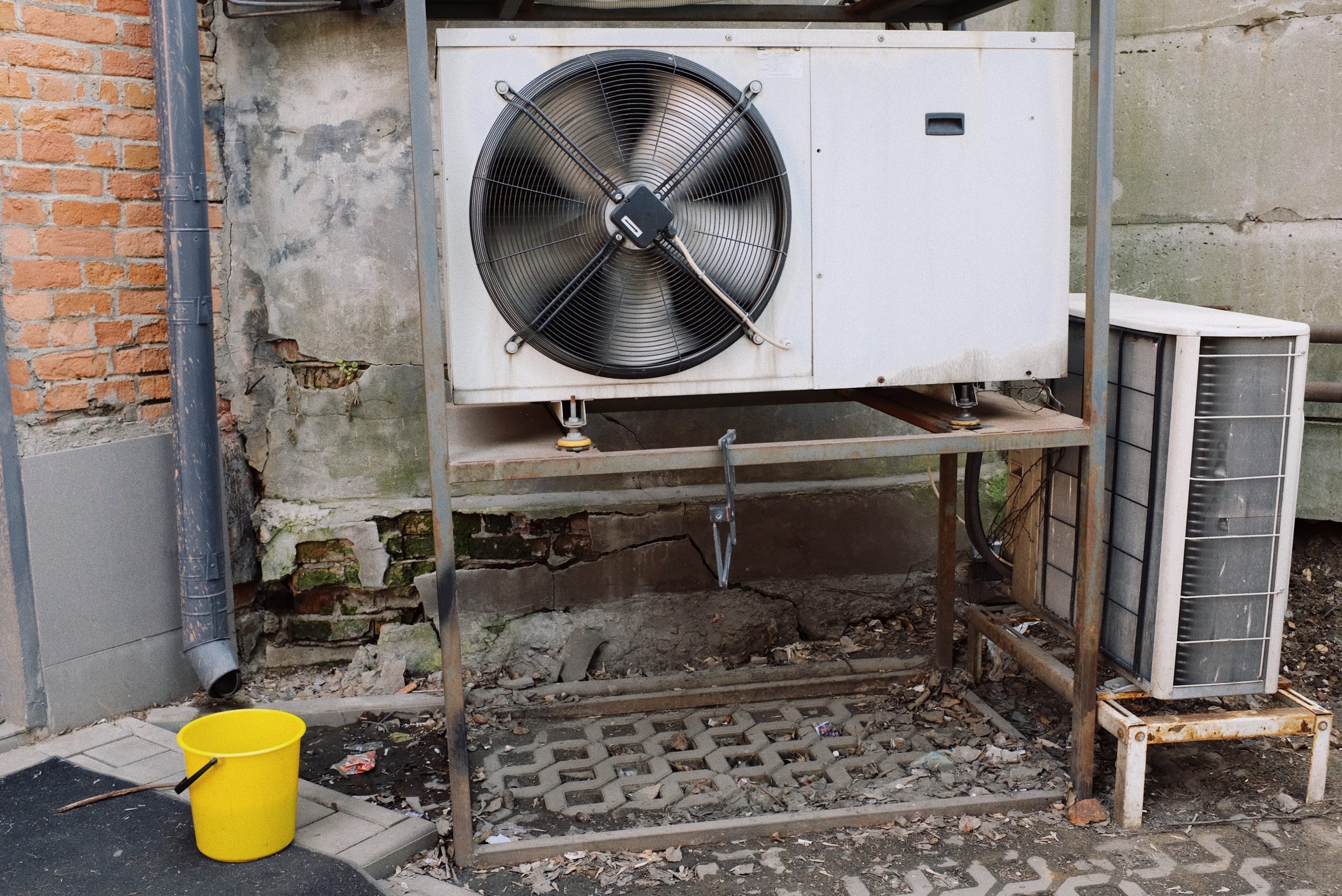
If your property includes a heating, ventilation, and air conditioning (HVAC) unit that’s been in place for a while, be aware that a problem with the equipment may become more complex than a simple repair. Many older appliances contain a refrigerant called R22 that is being phased out, triggering supply shortages and increased hassle and expense for homeowners and landlords.
What is R22?
For years, R22 refrigerant, more commonly known as “Freon,” was used as a primary chemical in the cooling processes of HVAC units. However, more recently, scientists discovered that the release of R22 damages the ozone layer—a portion of the earth’s atmosphere that protects people from harmful ultraviolet rays. As a result, the U.S. Environmental Protection Agency (EPA) has implemented a plan to transition to less hazardous refrigerants.
How does this affect my property?
The production and importation of R22 have been banned in the United States since January 1, 2010, so more current appliances likely employ an EPA-approved refrigerant. But if your HVAC system was built before 2010, there’s a good chance it relies on R22. The type of refrigerant in your unit should be listed on the data plate and in the owner’s manual. You can also contact the product’s manufacturer or distributor.
What are my options?
No immediate action is required if your HVAC system does contain R22 but is functioning correctly. However, scheduling routine maintenance, regularly changing air filters, and fixing any leaks will help ensure that the unit continues to operate well and minimize environmental harm.
Once your equipment encounters a problem, however, you will face the decision to repair, retrofit, or replace:
Repair – While R22 can no longer be produced or imported, the R22 that already exists in pre-2010 HVAC units is allowed to be recovered and utilized. But recycling R22 is a costly, time-consuming process, and the amount of available R22 continues to dwindle. As a result, the price of R22 is already high, and maintaining R22-reliant appliances will become even more expensive over time. Also, R22 can only be sold to certified technicians and can’t be purchased directly by consumers.
Retrofit – Unfortunately, an R22 unit can’t be topped off or refilled with a more readily available substitute since mixing chemicals could damage and possibly even disable the equipment. Each HVAC unit is designed to run using a specific type of refrigerant, but it may be possible to retrofit your system to adapt to another refrigerant alternative. Such a change will require the expertise of a professional. While updating only some components may delay the expenditure of purchasing a new unit, carefully consider whether prolonging the life span of older equipment is worth such an investment.
Replace – Buying a new HVAC unit is no small expense, but it may be the most cost-effective option for an antiquated system that is costly to repair and it will inevitably need replacing in the future. In addition, modern units use environmentally-friendly refrigerants, such as R410-A, which will likely improve your property’s energy efficiency.
Whichever course of action you choose, hire a technician with EPA Section 608 certification who knows the proper way to handle and dispose of harmful chemicals. Ultimately, a cost-benefit analysis considering both near-term and long-run factors will help determine the best solution for your HVAC system and rental property.
About Rentals America
Rentals America provides full-service property management for residential rental properties. Our team is dedicated to property management, and we’re here to help landlords navigate the rental market.










